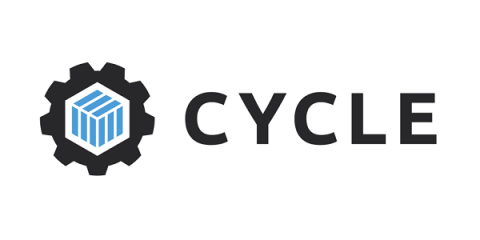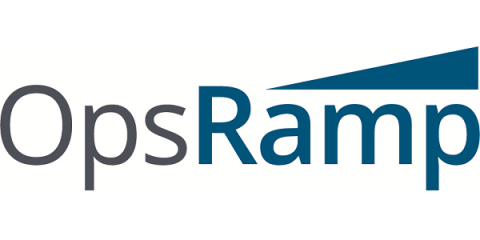An Introduction to Containers
Containers, along with containerization technology like Docker and Kubernetes, have become increasingly common components in many developers’ toolkits. The goal of containerization, at its core, is to offer a better way to create, package, and deploy software across different environments in a predictable and easy-to-manage way.











